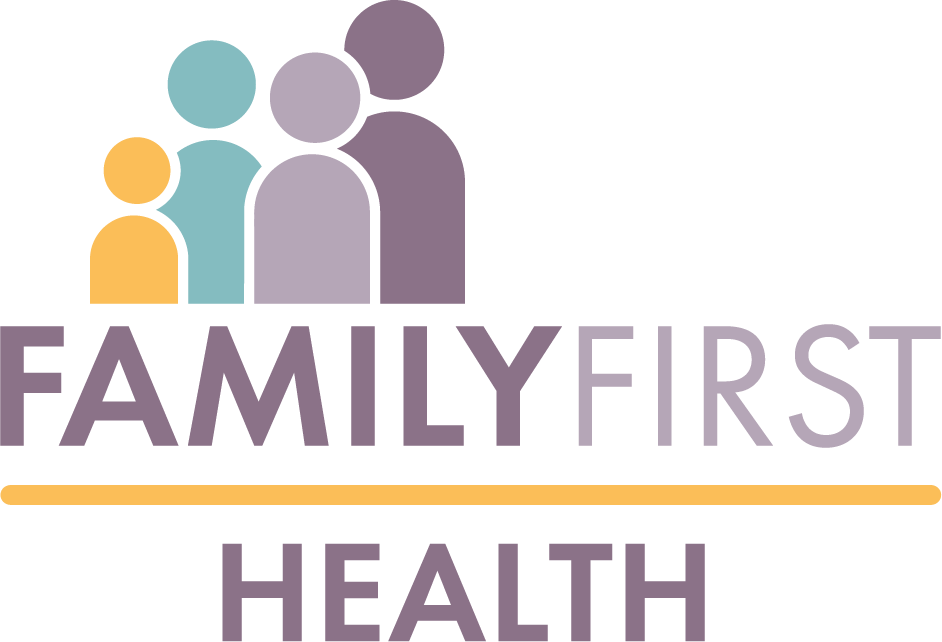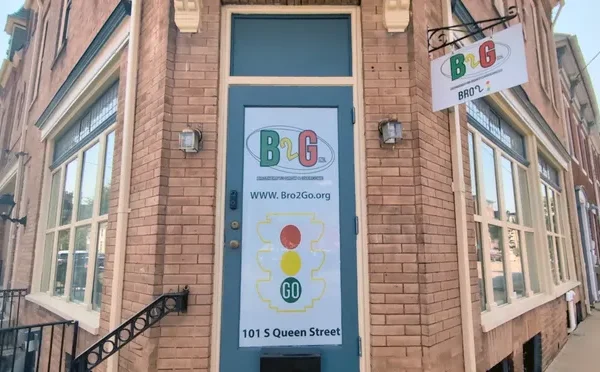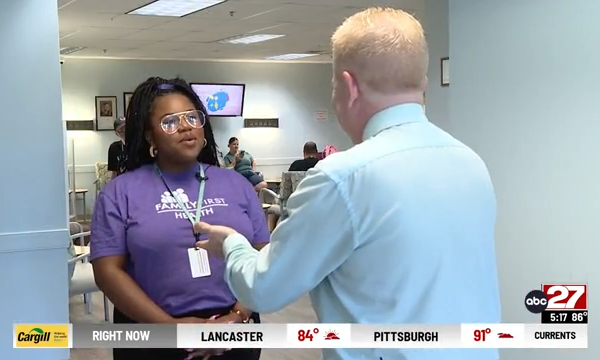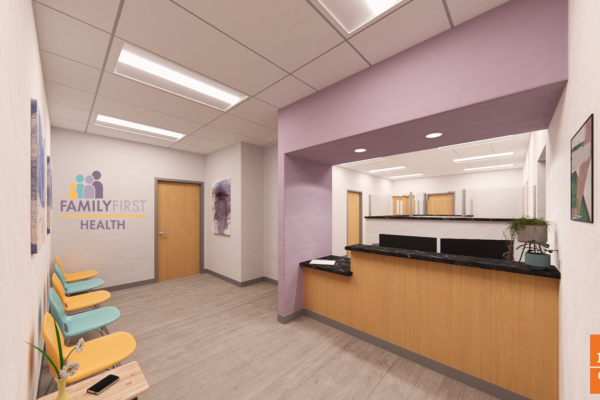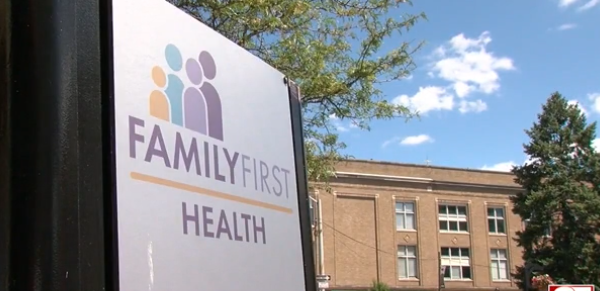YORK, Pa. (WHTM) — It’s a first of its kind for an area high school and, Wednesday, we got our first look inside.
Family First is opening a new school-based health center inside York’s William Penn High School.
Workers are putting the finishing touches on it.
It will be far more extensive than your typical school nurse’s office.
“Nurse practitioners, physicians assistants and physicians will be rotating through this site so we can provide comprehensive primary care, which will include, acute care,” said Jenny Englerth, President and CEO of Family First Health. “We really want to be their primary care provider.”
The idea is that students won’t have to choose between missing a doctor’s appointment for school, or vice versa.
Family First also has an in-school pediatric clinic inside the Hannah Penn K-8 school.
Watch the video here.
